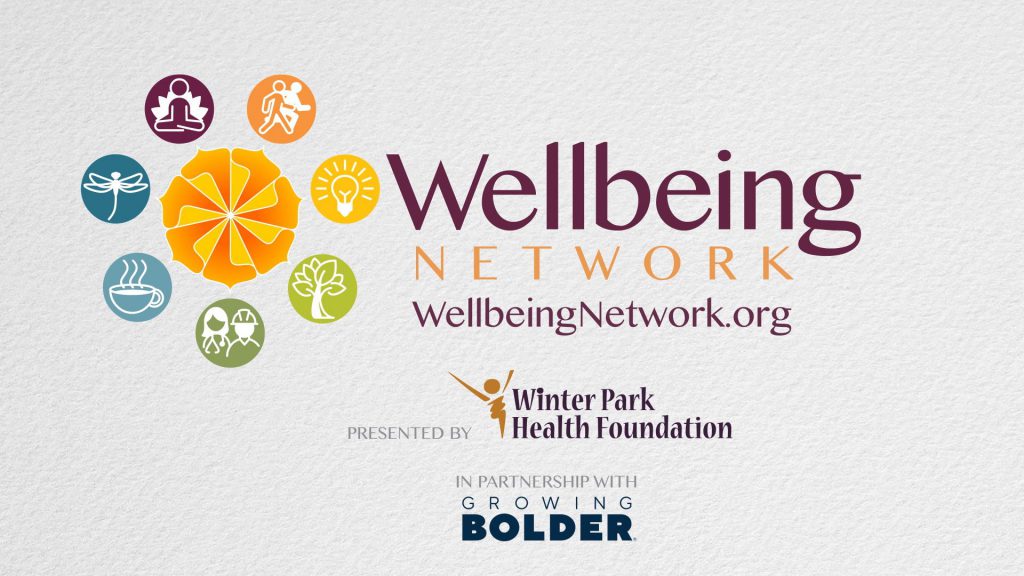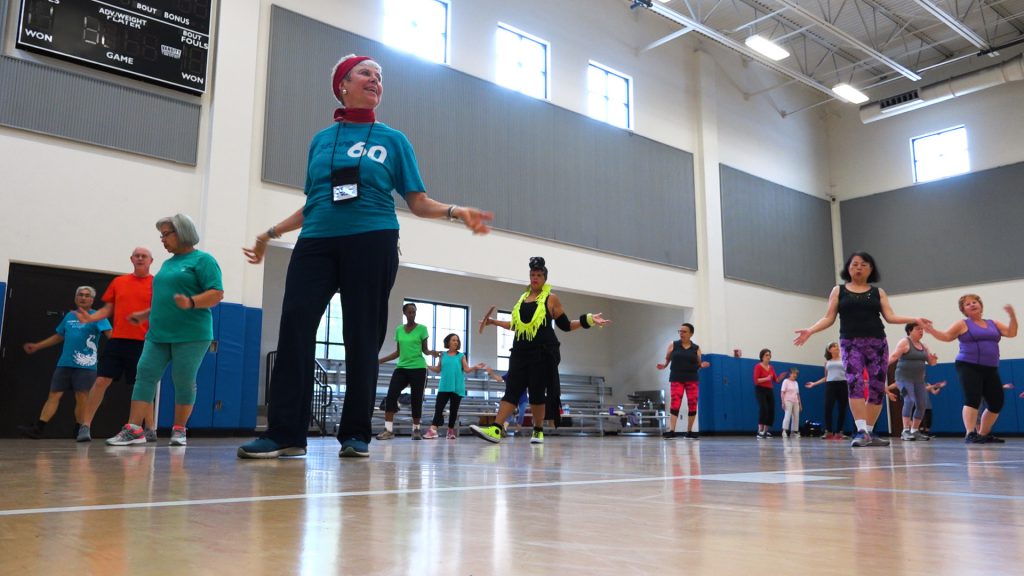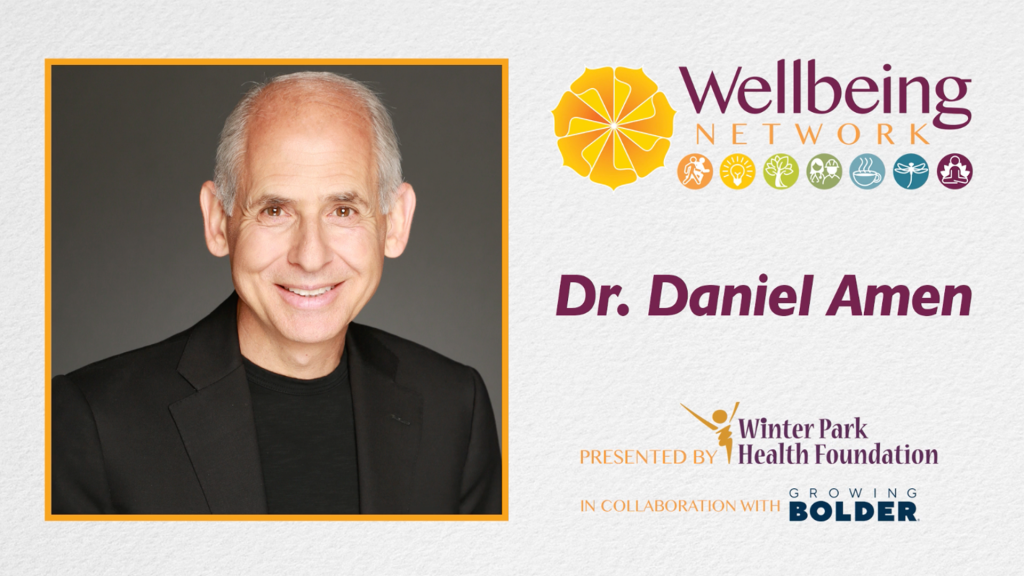Digital Education Programming Presented by the
Center for Health & Wellbeing
We want to hear from you! After viewing this CHWB On-Demand program, please take a few minutes to complete this survey. Your privacy is of the utmost importance; your information will never be shared nor sold. Your feedback will be used to evaluate existing CHWB programs, and to help us create new ones.
According to recent studies, there’s an 80 percent chance you’re time poor. What does time poor mean? Four out of five adults report feeling that they have too much to do and not enough time to do it. What’s worse, time-poor people experience less joy each day. Studies show that people who are time poor are also less healthy and less productive, and are more likely to divorce. In one study, stress cause by a lack of time produced a stronger negative effect on happiness than unemployment. How can we escape the “time traps” that make us feel this way and keep us from living our best lives?
In this program, author and Harvard Business School Professor Ashley Whillans shared proven strategies for improving your “time affluence.” These scientifically-grounded techniques free up your seconds, minutes and hours that, over the long term, become weeks and months for you to reinvest in positive, healthy activities. The strategies Whillans presented helps you make the shift to time-smart living and in the process build a happier, more fulfilling life.
By watching this program, you can expect to learn:
- what time poverty is;
- about three “time traps;”
- and three strategies for overcoming these “time traps.”
This program was presented by Ashley Whillians and was hosted by the Winter Park Health Foundation.
About Your Program Presenter
Ashley Whillans is the author of TIME SMART: How to Reclaim Your Time and Live a Happier Life (published by Harvard Business Publishing on October 6, 2020). She is an assistant professor at Harvard Business School and a leading scholar in the time and happiness research field. She earned her Ph.D. in Social Psychology from the University of British Columbia. Whillans was twice named a Rising Star of Behavioral Science by the Behavioral Science & Policy Association. She is part of the Global Happiness Council and the Workplace and Wellbeing Initiative at Harvard University, and she advises on workplace and wellbeing strategies for numerous nonprofit and for-profit partners. She has written about her research in numerous outlets including Harvard Business Review, New York Times, the Washington Post, the LA Times, CNN, BBC, The Atlantic, The Economist and the Wall Street Journal.



